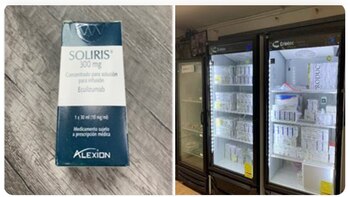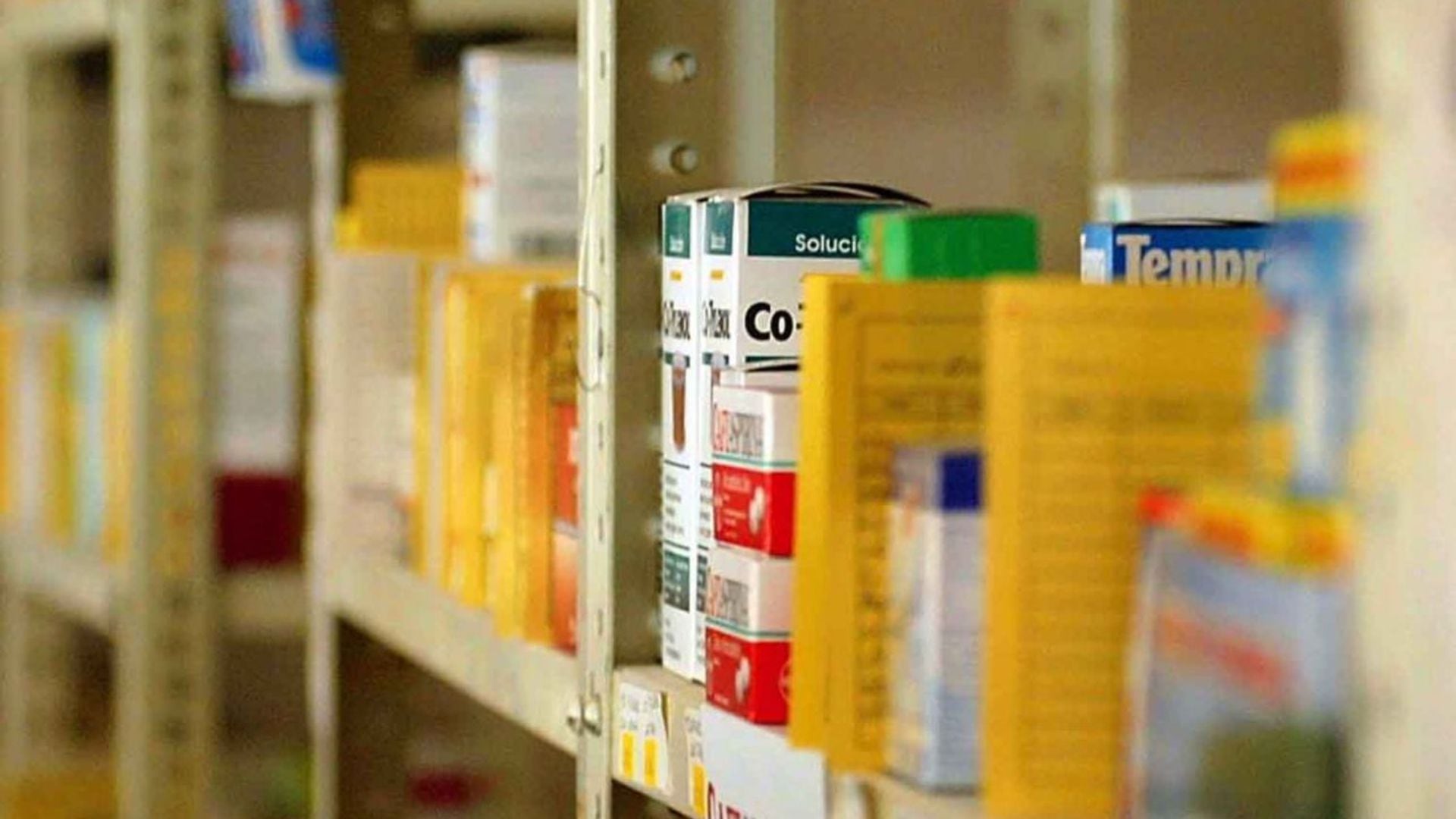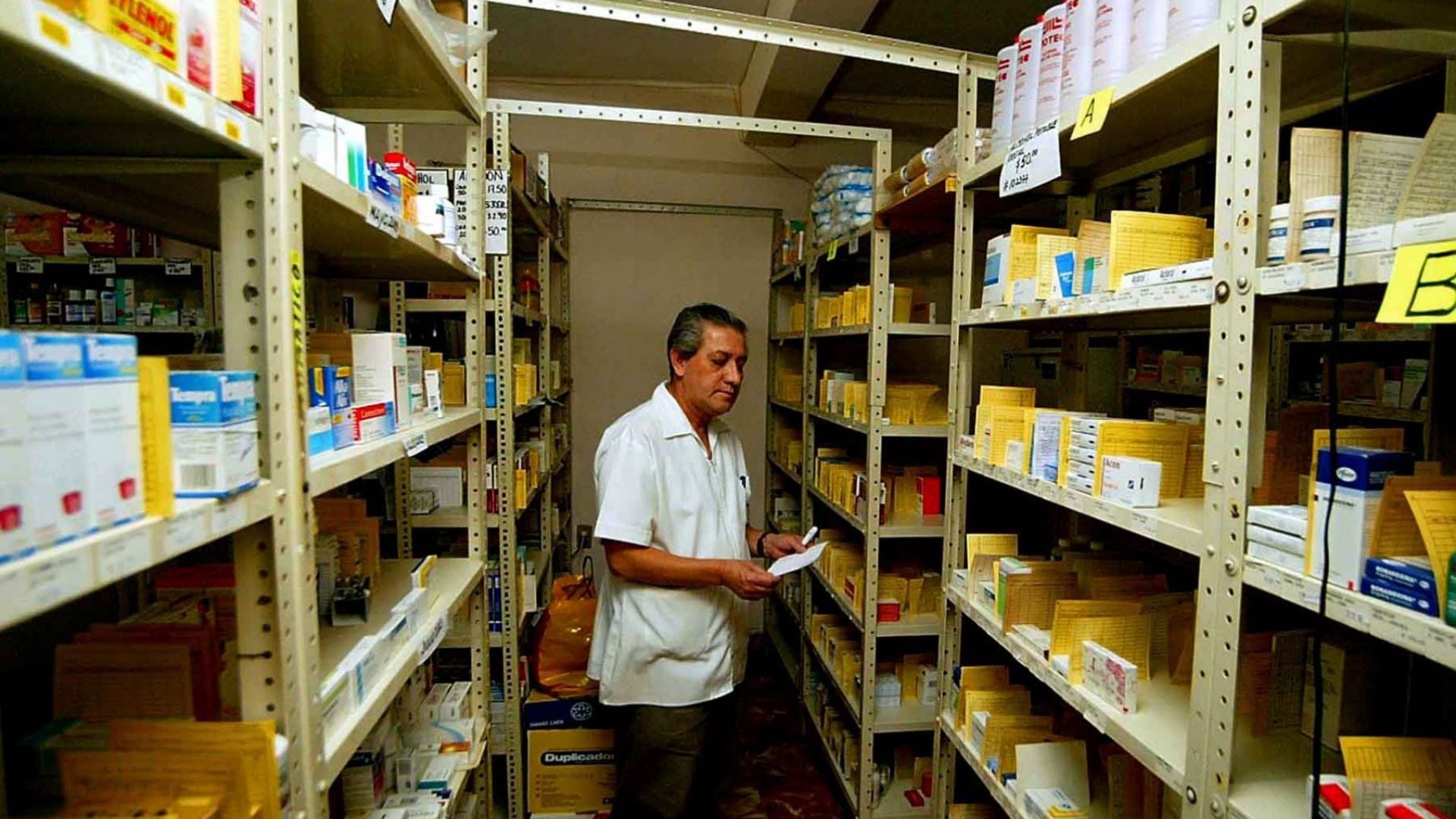
T he Federal Commission for the Protection against Health Risks (Cofepris) reported that the drug Soliris (eculizumab), with lots 1001381, 1012401, 1013715, 1001600 and 1001701 was allegedly counterfeited, so in the state of Nuevo León 12 pieces were secured and identified. This was reported in a statement issued on its official networks.
According to the Commission, this was after the collection of information provided by the World Health Organization (WHO) Substandard and Counterfeit Quality Medical Products Surveillance and Tracking System, and health complaints made to the Federal Commission for Protection against Health Risks (Coffepris).
This is how verification actions began with simultaneous operations in Nuevo León and Jalisco. Subsequently, a health alert was issued about counterfeits detected in several countries of the drug Soliris (eculizumab).
It should be noted that the drug belongs to the group of monoclonal antibodies (these are artificial proteins that act as human antibodies in the immune system) and has health authorization in Mexico as a treatment for patients with paroxysmal nocturnal hemoglobinuria (a disease in which red blood cells are break down earlier than normal) and atypical hemolytic uremic syndrome (this is characterized by non-immune hemolytic anemia triad, thrombocytopenia and acute renal failure) both hematological disorders.

During the verification visits carried out in the two states, relevant products and documents were found, which are under technical analysis. Twelve allegedly counterfeit pieces were also identified, so they were immediately secured, as explained by the institution.
Lots 1001381, 1012401, 1013715, 1001600 and 1001701 have been globally identified as counterfeit according to Alexion Pharma International Operations Unlimited Company.
This alert is issued with the aim of preventing health risks, since there is the possibility that irregular batches identified in other countries will also be marketed in Mexican territory, so Cofepris investigates the products located.
In 2021, five health alerts were issued regarding counterfeit drug batches: Herceptin (trastuzumab), Avastin (bevacizumab), Relacum (midazolam), Bridion (sugammadex) and Krytantek Ofteno (dorzolamide, timolol, brimonidine).
These alerts are issued with the aim of preventing health risks. However, Cofepris specified that it should not generalize for all medicines, particularly if they are purchased through formally constituted establishments that have a health license or operating notice.

Therefore, and as recommended by the institution, it was recommended to review the batch numbers and the inconsistencies described to rule out any risks. The products are:
Herceptin (trastuzumab), with lots N7396B 01B3129, N7396B05 B3135 and N7396, all with an expiration date of October 30, 2022, identified as false.
They present anomalies in their primary packaging, such as a removable lid with stains and irregularities in the inner contour of the sleeve; the label of lot number N7396 is missing the wording “injectable”; and the text describing the route of administration does not correspond to that authorized for the product.
Avastin (bevacizumab), was also falsified in its 400 milligram (mg) /16 milliliters (mL) presentation. It presents inconsistencies in the packaging, since the bottle bears the lot number B96896, which is different from the one presented on the box: B9689B098.
Relacum (midazolam) by Laboratorios PISA S.A. de C.V. In this case, batches B20J424 and B15U661 have a manipulated expiration date, so they pose a risk to the health of those who use it; their secondary packaging was also unknown to the manufacturer.
In case of identifying the aforementioned batch numbers or with inconsistencies, the health authority recommends that the use of fake products be stopped immediately and make a health report through the gob.mx/cofepris website or report any adverse reactions to the mail: farmacovigilancia@cofepris.gob.mx.
KEEP READING:
Últimas Noticias
Debanhi Escobar: they secured the motel where she was found lifeless in a cistern

The oldest person in the world died at the age of 119

Macabre find in CDMX: they left a body bagged and tied in a taxi
The eagles of America will face Manchester City in a duel of legends. Here are the details

Why is it good to bring dogs out to know the world when they are puppies




